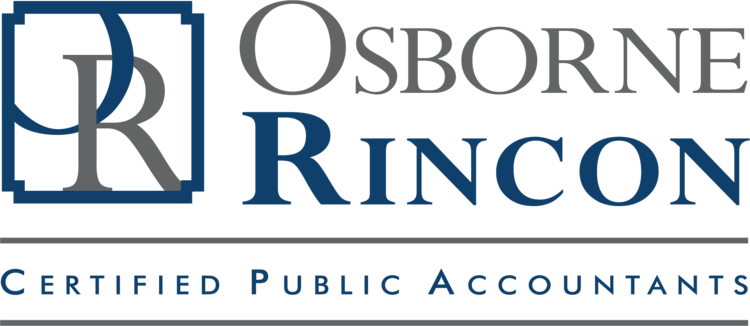By: Robert Hendrix, CPA, MBA, Audit Manager, Osborne Rincon CPAs
When you talk to a successful business owner, they don’t usually speak about internal controls being the reason for their success. It’s about the product or service they market, the people who sell their product or the customer service they provide. Those entities are truly the lifeblood of their organization, but what holds these things together is the internal controls that are built within the system.
Owners need accurate and timely financial and other reporting data to be able to make informed business decisions. Having good internal controls creates a system that demands accuracy and creates reliability in the information that affect the core decisions made regarding people, products and finance. Creating these controls is not necessarily a complex endeavor, but it does require careful examination of the structure of the company and who should be responsible for ensuring it works.
The Commission of Sponsoring Organizations (COSO) framework lists the five types of internal controls:
Control Environment. This is the pillar or framework for setting the tone by the head of the company, management or Board of Directors. Fostering an environment where fraud is not tolerated and a culture of high ethics is rewarded is key. This culture that is created will help guide the rest of the controls.
Risk Assessment. This refers to the processes of the company – from hiring, production, sales and finance – being reviewed so that risks are identified and appropriate strategies are created to mitigate them.
Control Activities. This is the system that is designed and implemented to address the risks identified and document how it will be controlled.
Information and Communication. This covers how the information will be gathered and shared within the company as well as to the outside environment to ensure that the proper people receive adequate information for making proper decisions.
Monitoring. This focuses on the testing measures that the company puts in place to make sure that things are working as intended. Owners need to test quality control in every step of their processes to make sure there are no issues in their system.
Take charge of your company’s health by implementing the appropriate internal controls. If your company needs help establishing or refining internal controls, please contact your CPA. It’s never a bad time to create a successful company structure.
To learn more, call (442) 307-5512
